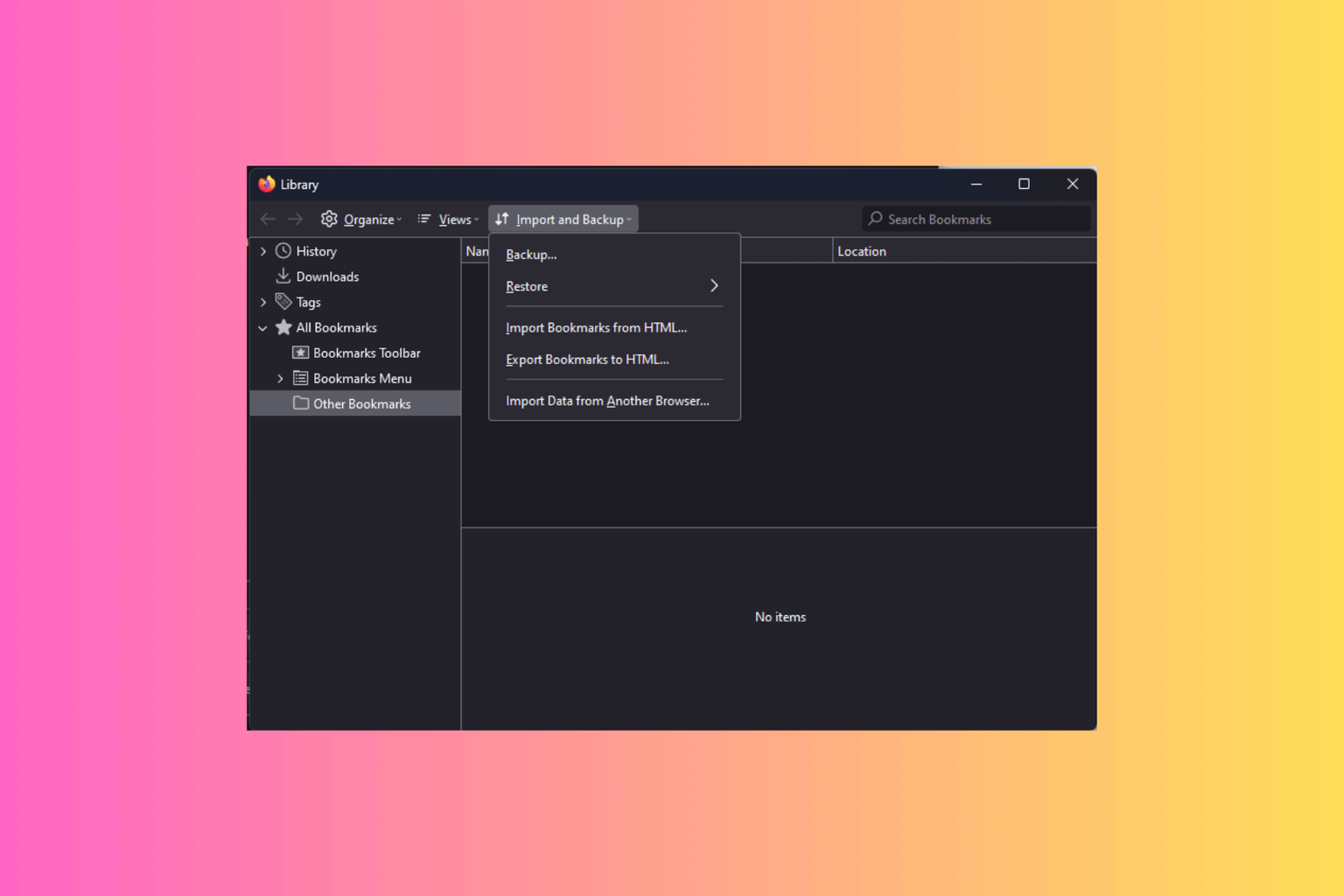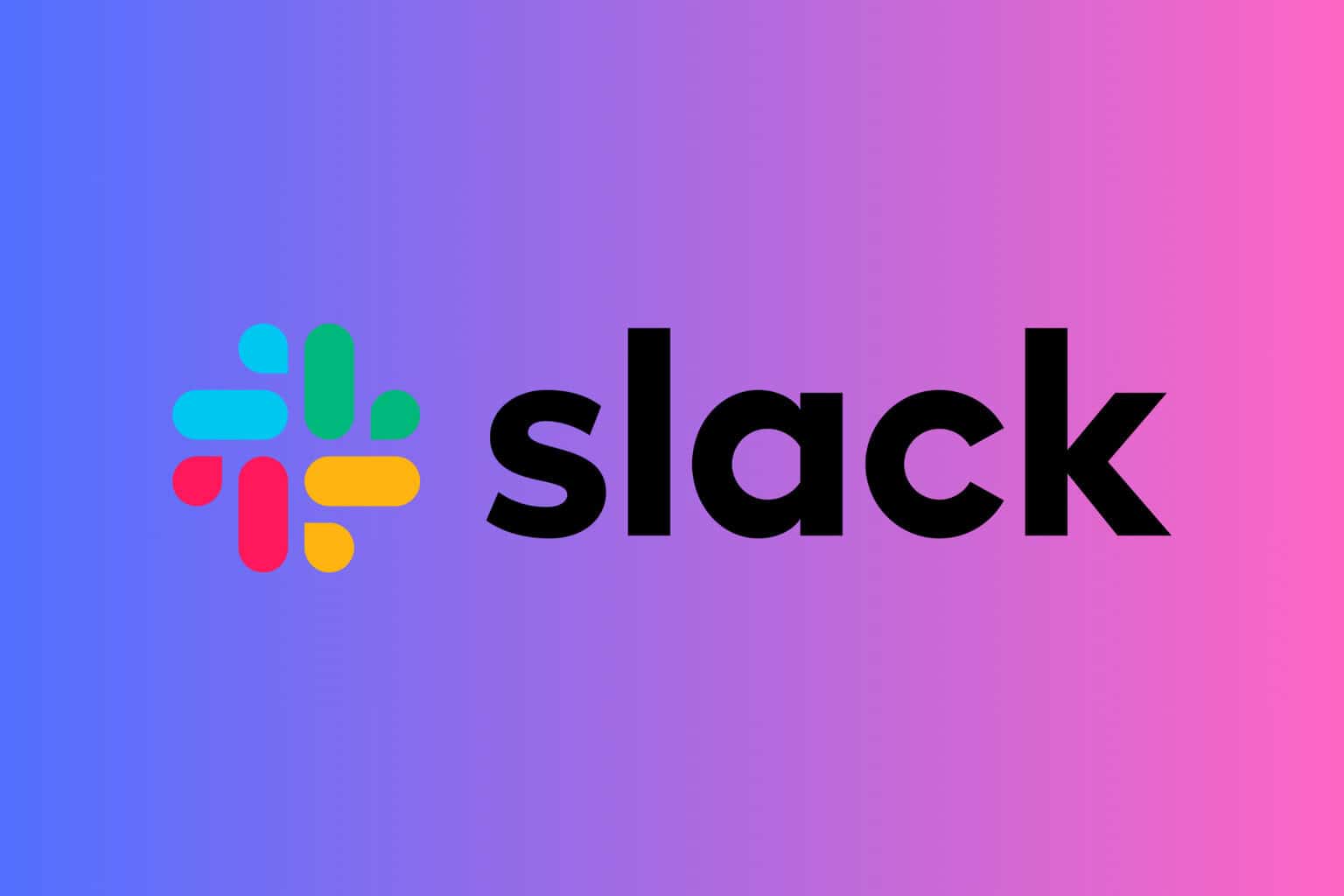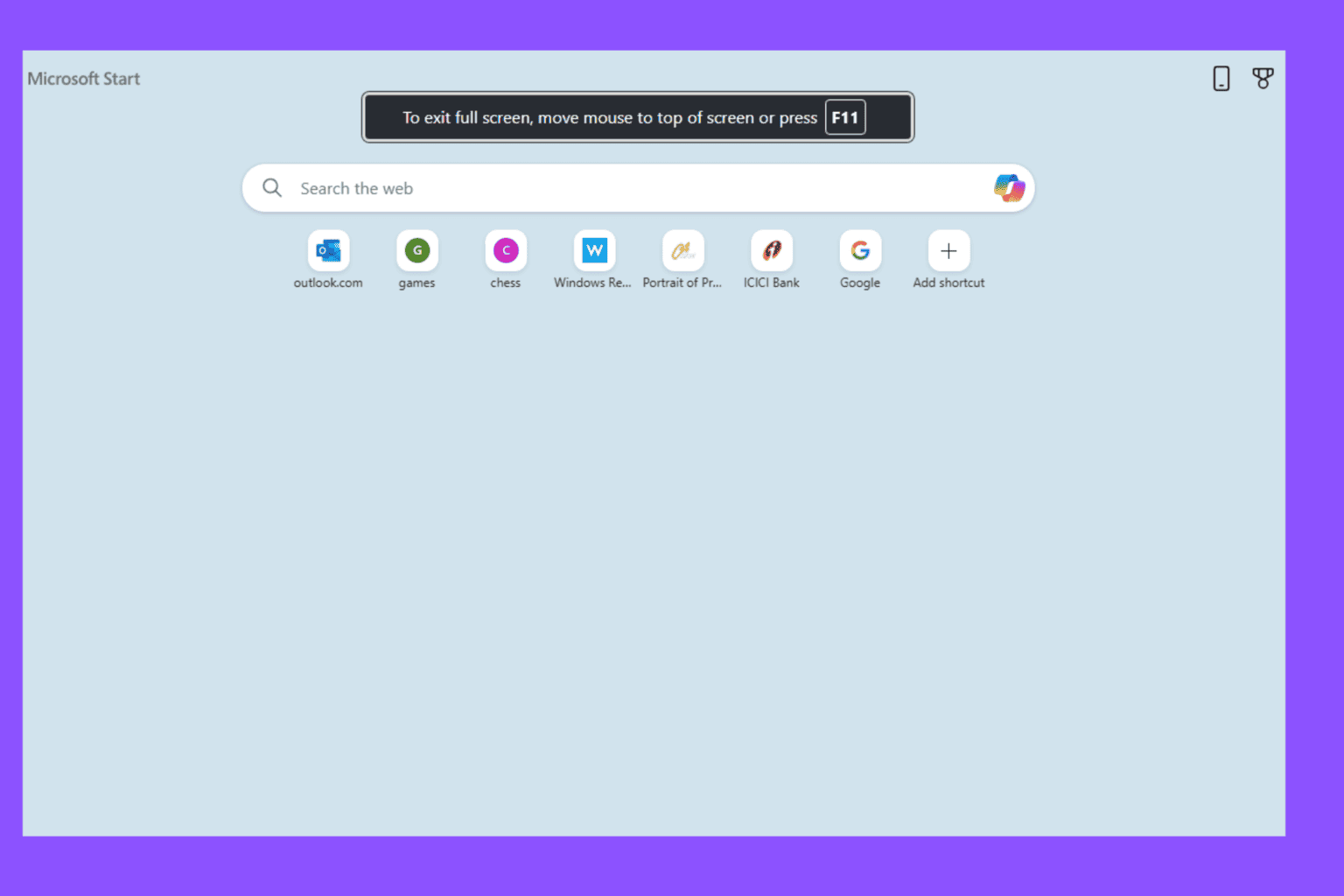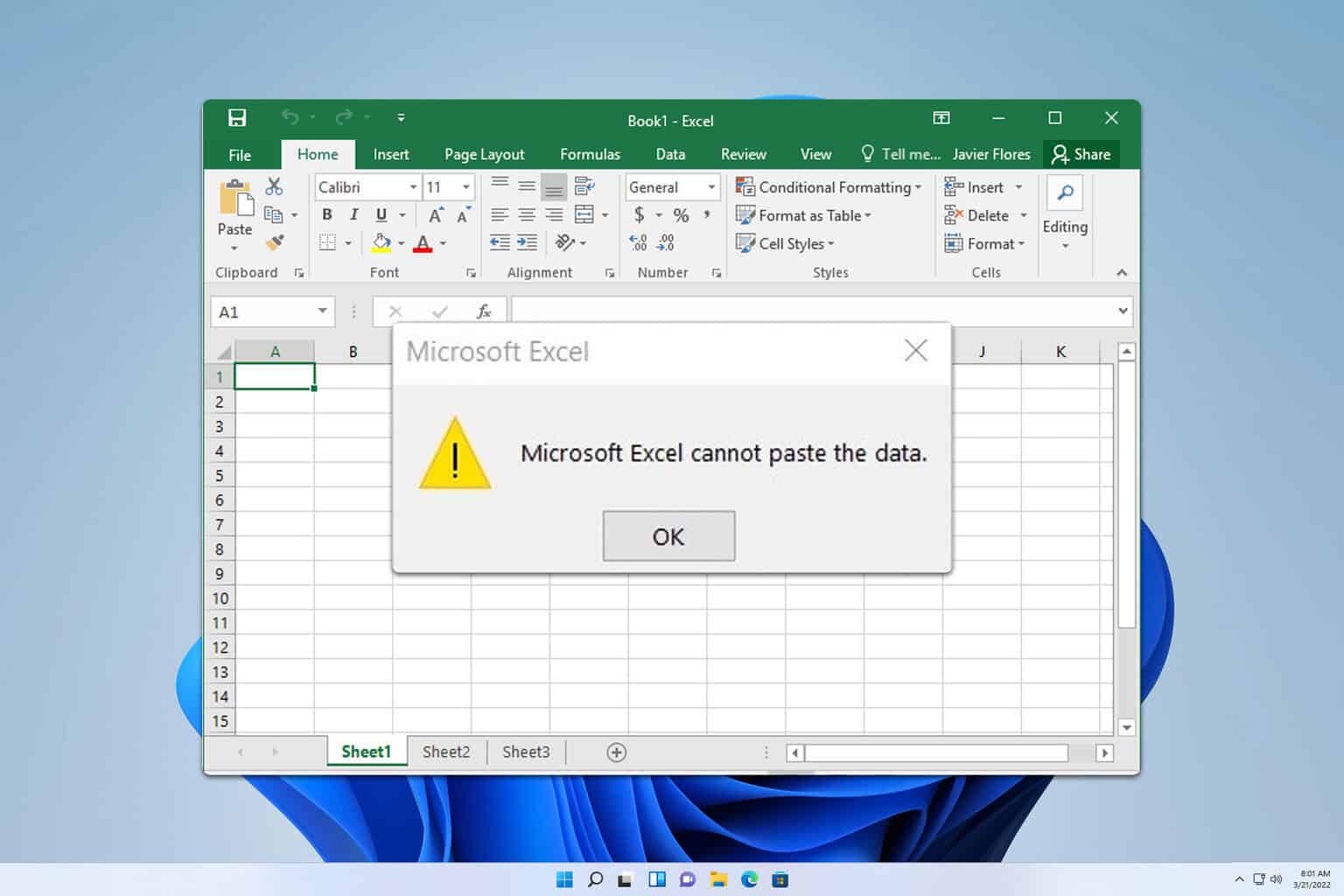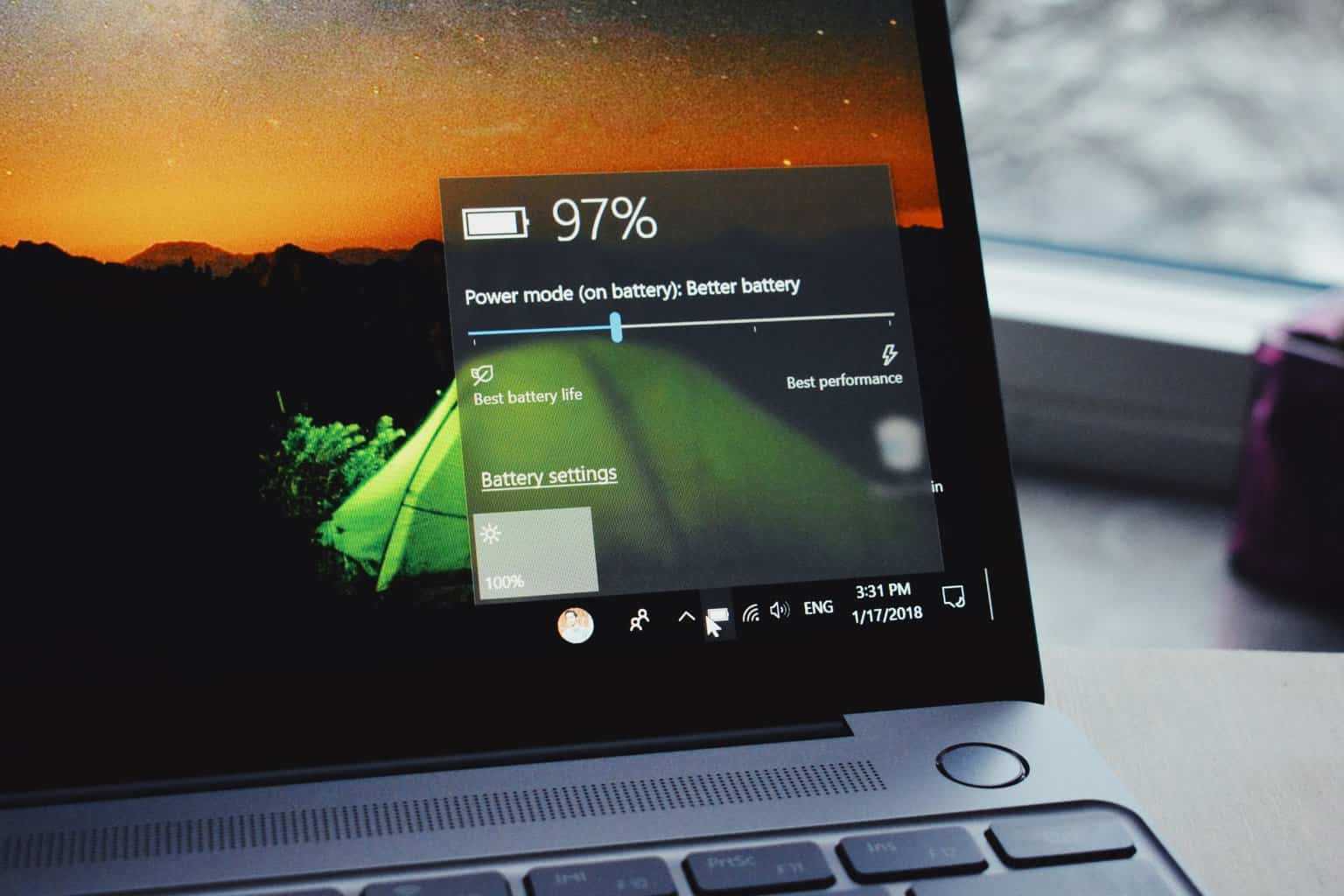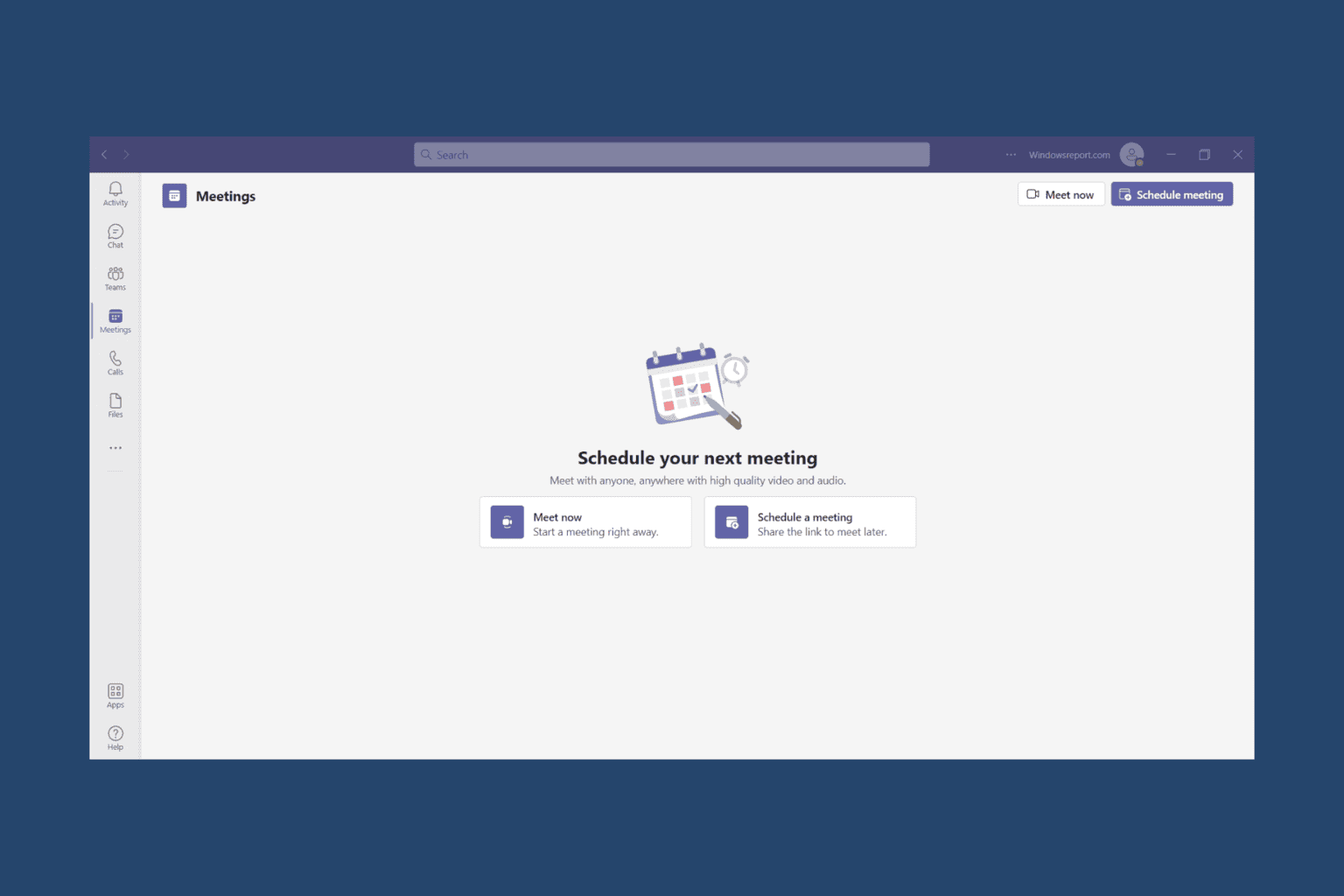Microsoft is using its Affordable Access Initiative to help close the digital divide
3 min. read
Published on
Read our disclosure page to find out how can you help Windows Report sustain the editorial team Read more
Over the last few years, technology giants such as Facebook and Google have announced plans to provide a cheap Internet access to everyone through balloons, drones or low-orbiting satellites. Microsoft is also interested in closing the digital divide, but the company adopted a different strategy which involves local partners willing to work on broader solutions beyond Internet connectivity.
Back in November 2015, Microsoft introduced its Affordable Access Initiative, a new fund to help companies improve access to knowledge and opportunities to markets with poor internet connectivity. Earlier this year, the company announced that it had since provided grants to 12 companies from 11 different countries that are now working on local solutions including hardware, applications and more.
Today, the company published a new blog post to highlight the work of VistaAfrica, one AAI partner that is currently working on an innovative healthcare project in Botswana. The company has created Vista Electronic Medical Pathways, a new software platform that makes it easier for healthcare professionals to follow patient’s health in a country with poor Internet connectivity and transportation infrastructure:
Its platform is optimized for regions with very little internet connectivity, greatly increasing the utility of its applications in remote areas of Botswana and elsewhere. Vista can perform critical functions without an internet connection and it can store data locally until devices sync with the cloud to upload and download medical charts and other content.

VistaAfrica’s technology is also able to store patient’s data to the cloud, and the company is using the platform to build a database of cervical cancer rates in Africa, an illness that has a high incidence rate in the country. “We have a global focus on cervical cancer because it is an illness that affects over 500,000 women each year. More than half of them—mostly those from low and middle-income countries—will lose their lives to the disease,” explained Peg Molloy, president and CEO of VistaAfrica.
VistaAfrica and the other AAI partners recently visited Microsoft’s campus in Washington to share how their different projects in healthcare, energy, and education are helping to close the digital divide around the world. “All the technology we heard about was incredibly exciting, from Tambero’s chat bot which will enable farmers to “talk” to their cows and increase milk production, to New Sun Road’s microgrids that provide affordable electricity to women business owners in Uganda,” explained Paul Garnett, Director for Affordable Access Initiatives. “It takes a rich ecosystem of organizations working together to close the digital divide and build a bridge over the opportunity gap. We wouldn’t be able to do it without our partners,” he added. You can learn more about Microsoft’s Affordable Access Initiative on the dedicated website, let us know in the comments if you think Microsoft’s has chosen the right approach to close the digital divide.

